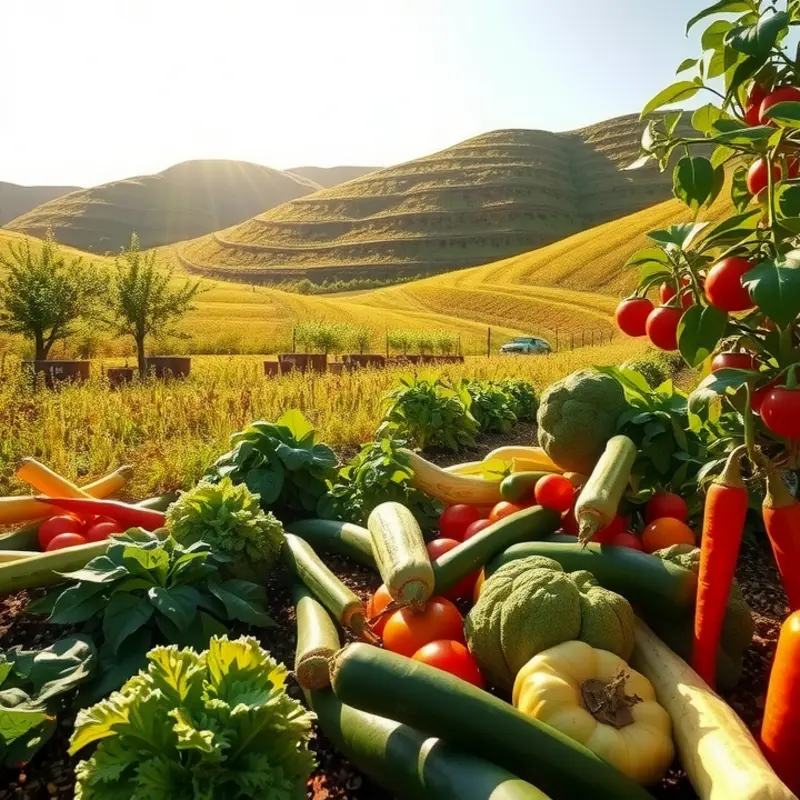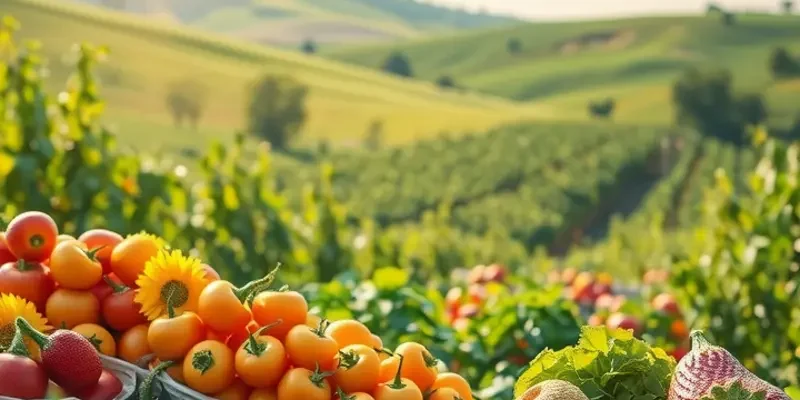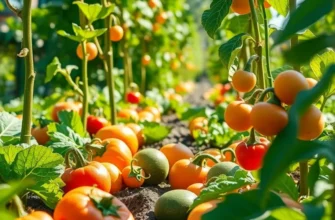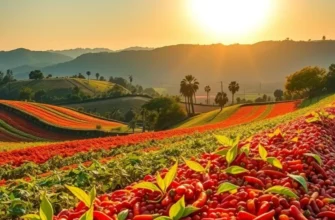Food transcends mere sustenance; it connects us to our history, culture, and soul. Across geographies, culinary traditions weave stories that honor ancestors, rituals, and the earth itself. This exploration delves into the spiritual aspects surrounding food, revealing how shared meals and sacred ingredients nourish not just the body, but also the spirit.
Food as a Sacred Offering

Food holds a sacred essence in many cultural traditions worldwide, serving as a conduit between the tangible and the divine. In Hinduism, the practice of offering food, known as prasad, symbolizes devotion and gratitude. This food, sanctified by the deity’s touch, is then shared among devotees, fostering a communal bond imbued with spiritual blessings.
In Japan, rice is revered not only as a staple food but as a divine gift. The annual rice planting and harvesting rituals involve offerings to the rice deity, Inari. These ceremonies highlight not only a reverence for sustenance but also a profound gratitude toward nature’s cycles. The meal, with rice at its center, becomes a manifestation of life’s nurturing essence.
Across the African continent, the Yoruba people engage in food offerings known as de saara—a complex blend of physical sustenance and spiritual communication. Foods prepared in these rituals, often laid at shrines, are believed to appease deities or spirits, seeking blessings or guidance. Participants feel connected to a lineage of ancestral wisdom and support.
In the Andes, indigenous communities celebrate Pachamama Raymi, a festival honoring Mother Earth. Traditional foods, like potatoes and maize, are offered back to the earth before every meal, acknowledging her sacrifices. This act of reciprocity fosters a relationship rooted in respect and sustainability.
Even within Western traditions, the breaking of bread or grape juice at a Eucharist ceremony serves as a reminder of a spiritual narrative that unites practitioners. This ritual amplifies their shared beliefs, making the act of sharing a meal a means to transcend the physical into the spiritual space.
In these traditions, food becomes more than sustenance; it’s a symbol of life’s abundance and a catalyst for spiritual connectivity. Whether through direct offerings to deities or shared communal meals, these practices underscore a global understanding of food’s sanctity.
For those interested in exploring diverse culinary practices further, the influence of trade on food culture is detailed in this article. Such exchanges have enriched the ways food is revered and shared, providing additional layers of cultural context.
The spiritual dimension of food serves to bind communities, offering a sense of belonging through shared religious or cultural narratives. While the ingredients and rituals vary, the core philosophy remains the same: nourishing the spirit through the sanctity of food.
Feasts of Togetherness: Community and Connection

Shared meals have been a cornerstone of human interaction, rich in spiritual significance across cultures. In Mediterranean countries, for example, it’s said that to share bread is to share life. Every facet of a communal meal, from the preparation to the shared dining experience, fosters a spiritual connection.
Consider the vivid tapestry of dining in an Italian village, where the whole community gathers for a festa. Long tables sag under the weight of freshly baked bread, pasta, and local produce. These communal feasts are not merely indulgent affairs but are steeped in an ethos of gratitude. Each meal begins with a blessing, offering thanks for the bounty and for each other’s company. This ritual underscores the belief that food is a divine gift.
Contrast this with the indigenous potlatch ceremonies of the Pacific Northwest. These sacred gatherings are far more than feasts; they serve as a mechanism for displaying wealth, redistributing resources, and reinforcing social bonds. The act of sharing food becomes a symbolic gesture of the community’s unity and an homage to traditions passed down through generations.
In both Mediterranean and Indigenous traditions, the ingredients themselves are treated with reverence. Respect for food begins from the source, often linking back to religious or spiritual beliefs. Emphasis on locality and seasonal produce not only enhances the taste but also strengthens the community’s ties to their land and origins. This consciousness mirrors the principles of eco-friendly eating where sustainability is as much about cultural preservation as it is about environmental stewardship. Explore eco-friendly storage solutions to maintain the integrity of fresh, local ingredients.
The preparation of a shared meal is viewed as a labor of love, where the effort invested in cooking translates into affection for those at the table. In such settings, culinary skills aren’t just practical; they are a creative expression of care and community spirit. Each dish prepared and shared builds spiritual bonds that transcend individual differences, enhancing collective resilience and harmony.
Gratitude emerges as a central theme in these communal gatherings. It’s expressed not only for the meal but for the collective participation in the act of sharing and for the relationships strengthened by such interactions. This intentionality is akin to mindful eating practices where attention to the experience and origins of food becomes integral to satisfaction and thankfulness.
These cultural practices emphasize that food transcends its basic role as sustenance. It becomes a medium through which love, gratitude, and community bonds are expressed. By intentionally participating in these dining traditions, individuals and communities can nurture spiritual well-being and interconnectedness. The wisdom nestled within these cultural traditions acts as a reminder that meals are not merely opportunities to eat, but sacred occasions to connect deeply with others.
Final words
Reflecting on the spiritual connections to food unveils a richer understanding of culinary traditions worldwide. Food is far more than a necessity; it serves as a vessel of cultural identity, nostalgia, and sacredness. By appreciating the communal aspect of sharing meals and the spiritual rituals surrounding food, we acknowledge our deep-rooted connections to one another, our ancestors, and the natural world. These insights enrich our culinary experiences, encouraging us to honor the stories behind our food and the shared moments at our tables. As we savor the flavors, let’s also pause to honor the profound connections that nourish our spirit.








